Horses dental Health
Dental health of horses. Why talk about it?
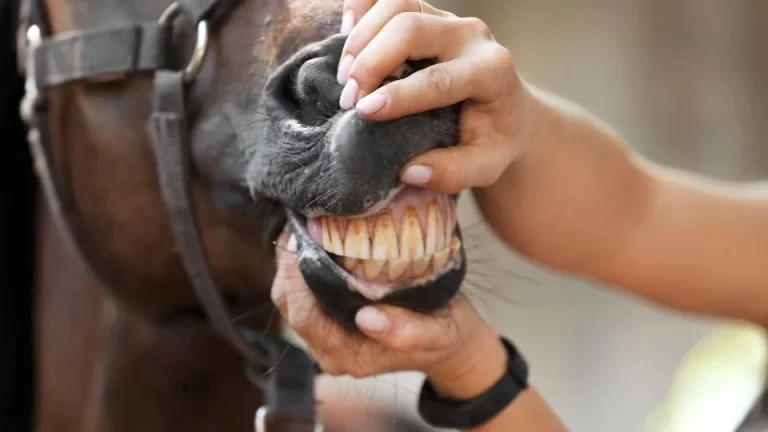
In the general care of horses, dental health is a fundamental aspect. Horses also face dental issues that impact their well-being and quality of life.
What is the dental anatomy of horses like?
Horses have incisor teeth at the front of their mouths that they use to bite and tear up grass or hay.
Horses have several molar teeth in the back of their mouths that they use to grind up feed.
What dental diseases affect horses?
There are many dental pathologies that can impact horses. Some of those are:
Worn Teeth:
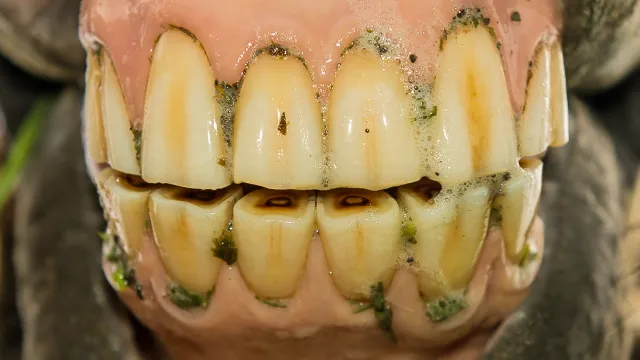

Horse teeth can wear down over time, especially if they are used to chewing tough or fibrous feed. If a horse’s teeth are unevenly worn, they can cause chewing problems and make it difficult for the animal to feed properly.
Broken or Cracked Teeth:
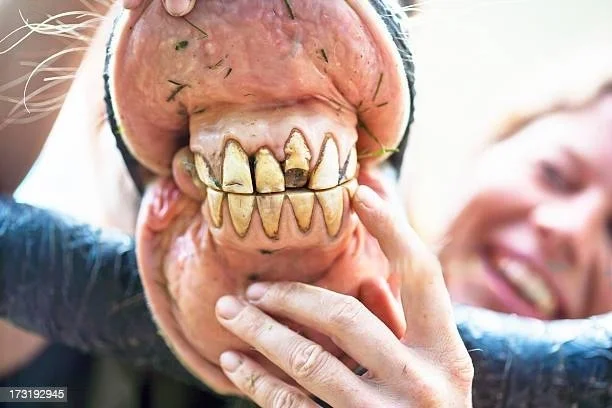

Horses can have broken or cracked teeth due to injury or trauma. This can cause pain and make it difficult to chew and eat properly.
Periodontal disease:
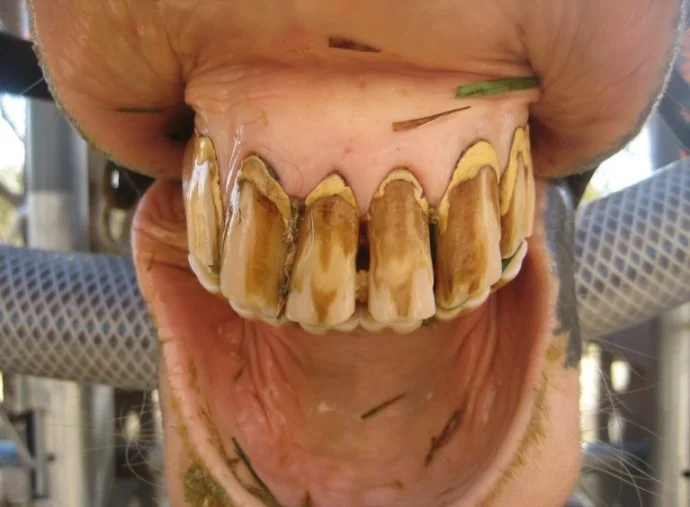

This is a frequent pathology in horses. If left untreated, periodontal disease affects the teeth and gums, leading to tooth loss and more serious health problems.
Dental overgrowth:
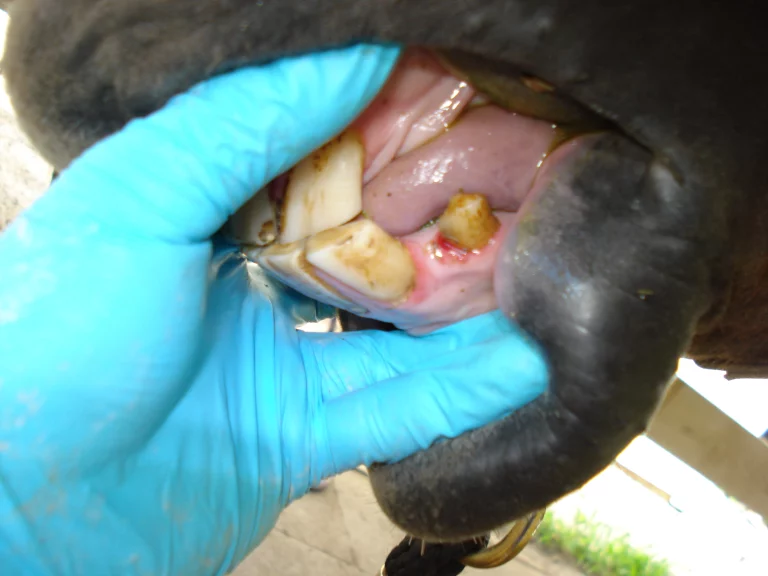

This is a common problem in horses, especially in the molar teeth. Tooth overgrowth can cause pain and make it difficult to eat properly.
How to prevent dental diseases in horses?
Some ways to prevent dental problems in horses include:


19 Natural Antibiotics to Ward Off Any Dental Infection
Sign up to receive daily email dentist tips and challenges, as well as our comprehensive Better smile Guidebook.
Adequate nutrition
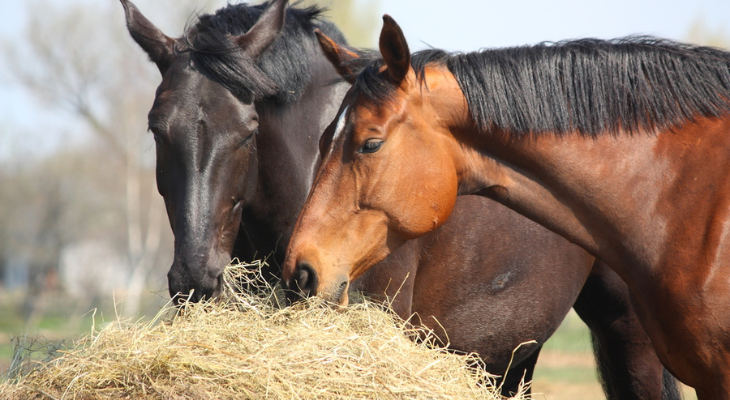

Essential to maintain good dental health in horses. They must have constant access to high-quality hay and fresh water. They should be provided with a balanced diet, according to their nutritional needs.
Control of dental overgrowth
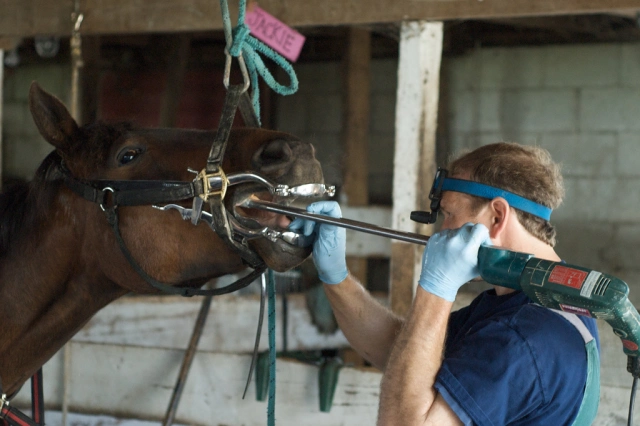

This is a common issue in horses, but it can be prevented with proper dental care. It is important that horses’ teeth are checked regularly by a veterinarian for any signs of dental overgrowth.
Regular dental examination
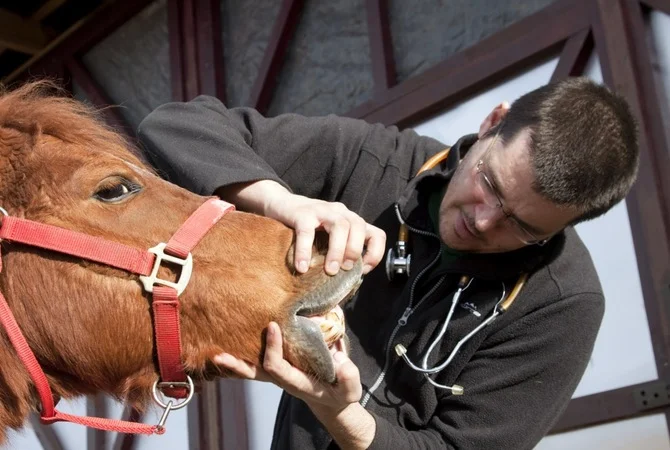

It is essential to regularly examine the horse’s teeth to detect any dental concerns. Regular dental exams help prevent more serious issues in the future.
Regular dental cleaning
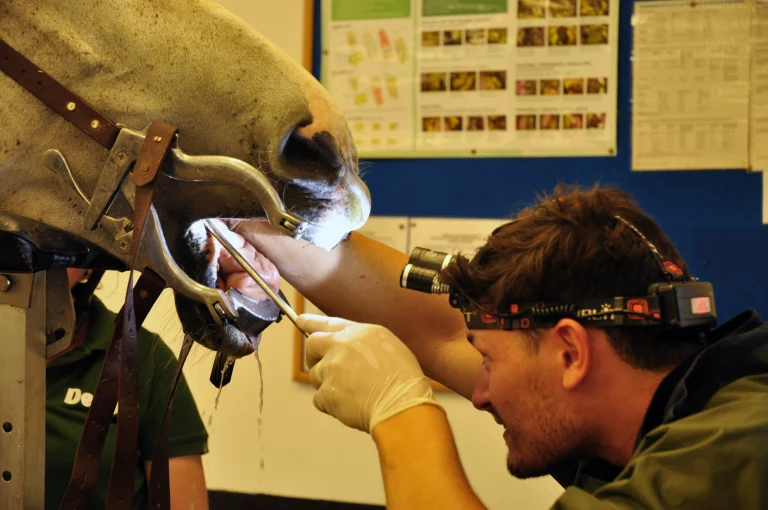

A fundamental practice to prevent plaque buildup and periodontal disease in horses. It is recommended that horses receive a professional dental cleaning at least once a year to remove any plaque or tartar buildup on their teeth.
Stress management
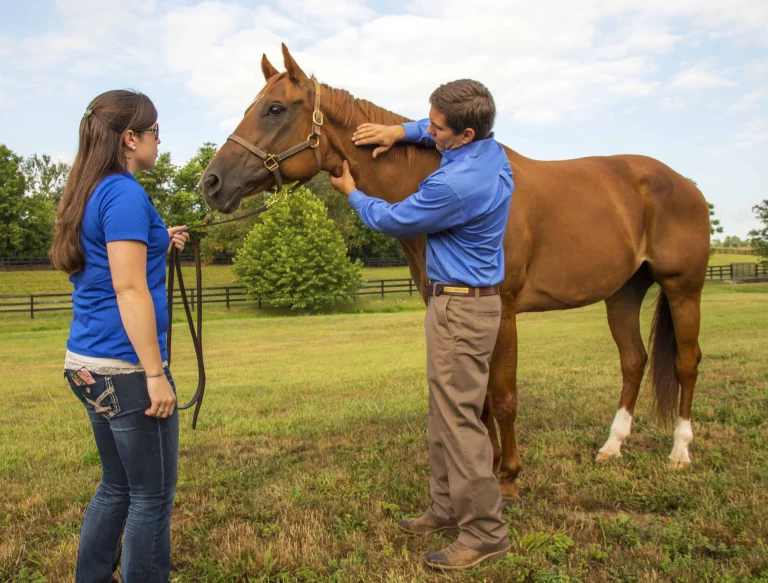

Stress contributes to periodontal disease in horses. It is important to reduce stress through good environmental management and an exercise routine to maintain good dental health.
What is the dental treatment for horses?
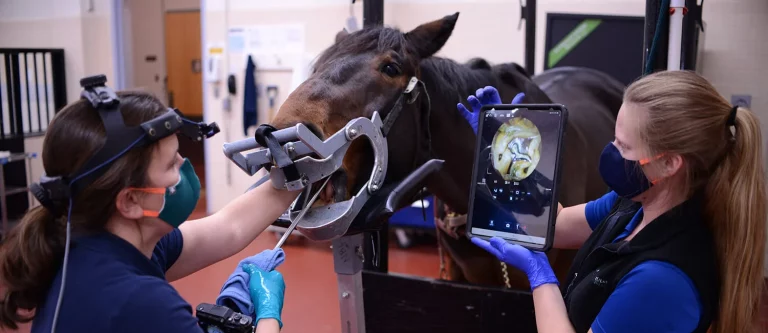

Treatment of dental problems in horses depends on the type and severity of the problem. Some common treatments include:
Tooth Extraction
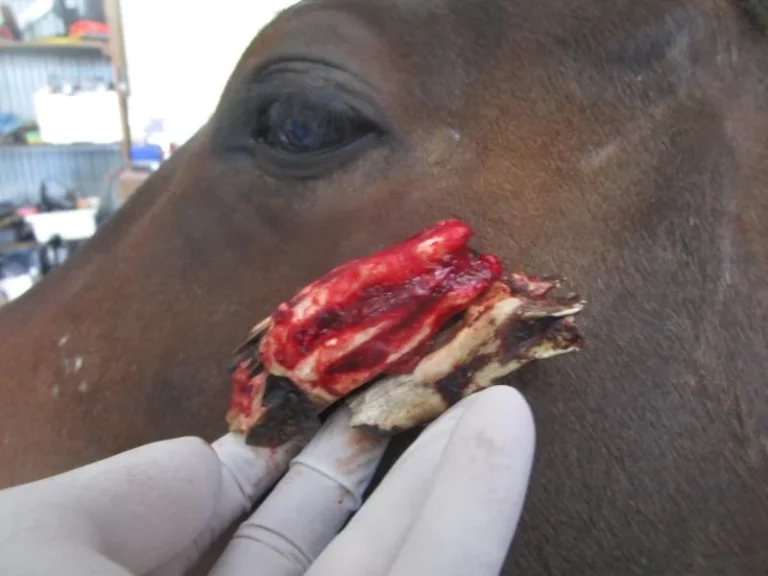

If a tooth is severely damaged or infected, it may need to be extracted. Tooth extraction is performed under anesthesia and requires proper aftercare.
Teeth cleaning:
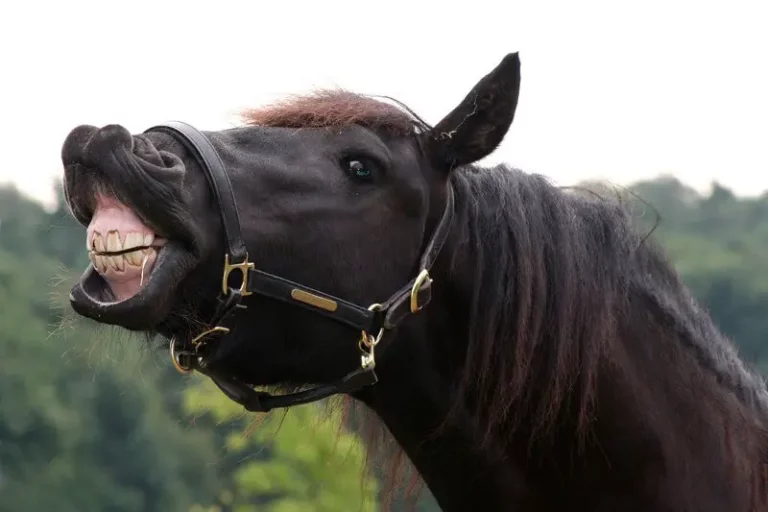

This practice helps remove any buildup of plaque or tartar on a horse’s teeth and prevents periodontal disease.
Tooth Reduction
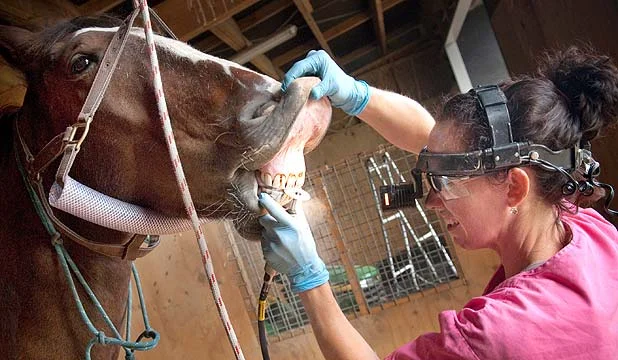

If a horse has dental overgrowth, the teeth may need to be reduced to prevent chewing issues and pain.
Treatment of periodontal disease:
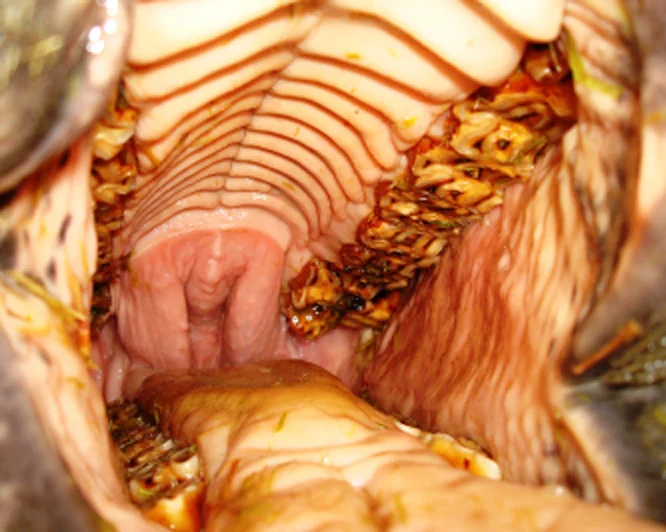

This procedure may include the removal of plaque and tartar, as well as the use of mouthwashes and antibiotics.
Conclusion
Horses also need timely attention
If any dental problems are detected, they must be diagnosed and treated as soon as possible to prevent more serious problems in the future.
For more information and guidance on oral health care for horses, consult our directory.



19 Natural Antibiotics to Ward Off Any Dental Infection
Sign up to receive daily email dentist tips and challenges, as well as our comprehensive Better smile Guidebook.
Our Doctor
Meet Doctor



19 Natural Antibiotics to Ward Off Any Dental Infection
Sign up to receive daily email dentist tips and challenges, as well as our comprehensive Better smile Guidebook.



